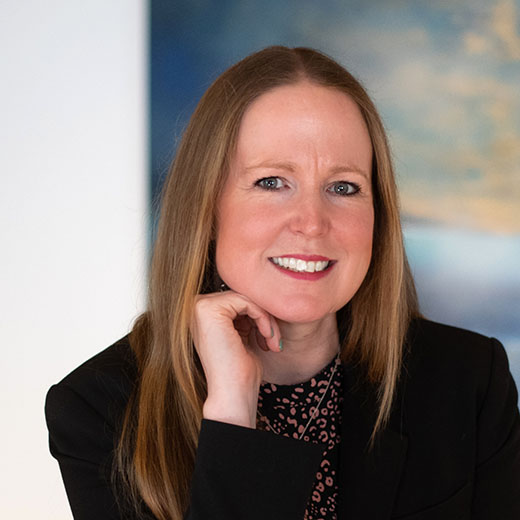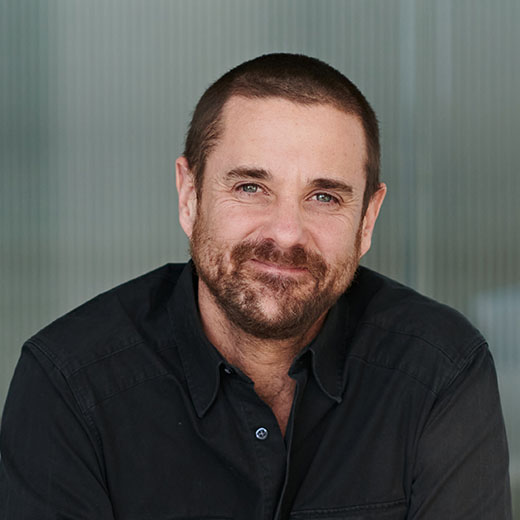
How technology can help support employee wellbeing as companies move to hybrid and remote working models: A case study of Tahora
Teams and Zoom have made remote working possible, but can technology play a wider role in supporting employees as working models change? Can it help bridge the gap created by physical distance?
Partner Pete Kenyon interviewed Ben Towers, serial entrepreneur and founder of culture and wellbeing app Tahora, to learn about the inspiration for Tahora and how technology can support employee wellbeing in our hybrid working world.
What gave you the idea for Tahora?
We wanted to create something to support people’s mental health that felt relevant for today. As a society, we are more connected and yet disconnected than ever. That situation’s been exacerbated by the pandemic, with recent surveys suggesting that loneliness has increased by 20-30% over the last year or so. How connected people feel has a huge impact on their mental health (along with the more talked about factors like diet and exercise), so this is a massive challenge for businesses and what we chose to focus on.
We started the company in January last year, just before Covid-19 hit. The pandemic initially prompted businesses to focus more on supporting employee wellbeing; something that will undoubtedly continue as many businesses move towards hybrid or remote working models.
Tell us about the Tahora app…
Tahora is all about facilitating connections. The idea is to connect employees with social events and groups in their local area to combat loneliness and depression.
We quickly realised that people don’t want to engage on a personal basis from their work devices, so we created a mobile app. Our big focus is on addressing people as humans, regardless of their role or seniority. This supports hybrid working as the app will help facilitate work connections wherever people are, based on interests and location.
Give us a flavour of your clients
Our clients include Google, Natwest, Coutts and the Metropolitan Police.
What makes Tahora different from its competitors?
Tahora’s different in two ways. Firstly, we can connect employees with people local to them – other employees that like yoga and live in the Tunbridge Wells area, for example. Our second differentiator is around inclusivity. Tahora is designed as an open environment that anyone can be part of. Often people set up WhatsApp groups with their work friends which are essentially closed to others, unless they are invited to join. Groups on Tahora are open, making it much easier for new people to integrate and make new connections.
What do you think are the key issues for businesses post pandemic?
The key issues for businesses now are around the practical and operational challenges of making hybrid working successful and that goes way beyond providing technology to allow employees to work from home. A junior employee at a large corporate recently said to me there are concerned they will become the resource behind the email and “not human anymore.” Businesses need to be alive to these concerns and put in places measure to prevent them becoming a reality. There are also challenges around maintaining culture and inclusivity when many people now feel even more isolated.
What does hybrid working mean at Tahora?
We have taken a really flexible approach. I get distracted working from home, so I like come in most days. My colleague Mike is 3 days in and 2 days out. All our developers are either remote or hybrid – they love their individual set ups at home and remote working suits them. I guess it’s down to each individual. Because we are a start-up, idea generation sessions are really important to us, so groups of us will come into the office to do these face to face.
This flexible working approach also allows us to recruit from further afield. We have just recruited someone who lives in Southampton – she’ll be working a few days in London and the rest from home so she doesn’t have to commute in every day. Flexible working models have allowed us to secure talent we wouldn’t have otherwise been able to access.
What’s the biggest challenge for your business?
Our biggest challenge is growing the team. Talking to recruiters, the last 6-8 months has seen a huge wave of people moving jobs. To hire someone at mid-level, we need to pay a senior level salary to secure them. For a company growing as fast as we are, that’s a huge challenge!
If you want to learn more about Tahora, take a look at https://tahora.com/ and for any legal questions around procuring technology for your business, please contact Pete Kenyon or Kathryn Rogers.






 Download PDF
Download PDF
